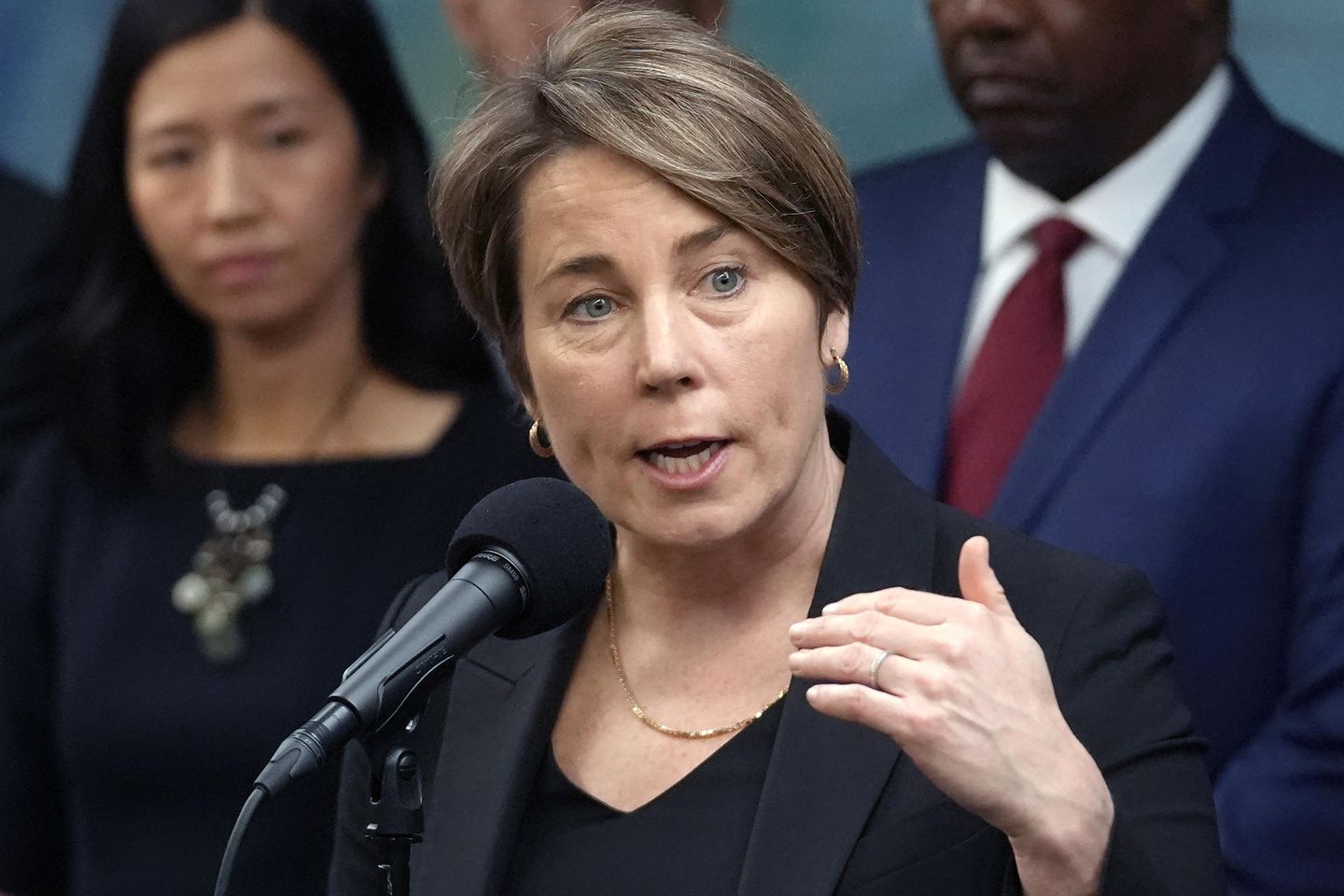Former President Donald Trump’s proposal for free in vitro fertilization treatments has sparked a debate among Democrats, who are now being forced to play catch-up on a social issue that they typically own. The Republican nominee’s unexpected proposal has left many questioning whether it is too good to be true.
In a surprising announcement, Trump unveiled his plan to provide free IVF treatments to all Americans who are struggling with infertility. The proposal, which is part of his broader healthcare platform, has been met with skepticism and criticism from Democrats who argue that it is not a realistic or feasible solution to the complex issue of infertility.
The debate over Trump’s IVF proposal has highlighted the stark differences between the two parties on social issues. Democrats have long been champions of reproductive rights and access to healthcare, including fertility treatments. Trump’s proposal has put them in the uncomfortable position of having to respond to a proposal that aligns with their values, but comes from a political opponent.
Critics of Trump’s plan have raised concerns about the cost and logistics of providing free IVF treatments to all Americans. They argue that the proposal is simply not feasible given the high cost of fertility treatments and the limited resources of the healthcare system. Some have also questioned the motives behind Trump’s proposal, suggesting that it may be a ploy to win over voters rather than a genuine attempt to address the issue of infertility.
Despite the skepticism, Trump has remained steadfast in his support for the IVF proposal. In a recent interview, he defended the plan as a necessary step to help millions of Americans who are struggling to start a family. He emphasized the importance of providing access to fertility treatments for all, regardless of their financial situation.
The debate over Trump’s IVF proposal has also reignited a broader conversation about reproductive rights and access to healthcare. Democrats have been quick to point out that Trump’s proposal does not address the underlying issues that contribute to infertility, such as lack of access to affordable healthcare and family planning services.
In response to Trump’s proposal, Democrats have put forward their own plans to address the issue of infertility. Some have called for increased funding for fertility treatments through existing healthcare programs, while others have proposed expanding access to family planning services and contraception.
The debate over Trump’s IVF proposal is likely to continue in the coming months as the election season heats up. Democrats will be under pressure to respond to Trump’s unexpected move, while also making the case for their own solutions to the issue of infertility.
Overall, the debate over Trump’s IVF proposal highlights the complex and contentious nature of social issues in American politics. Democrats and Republicans are deeply divided on issues such as reproductive rights and healthcare, and proposals like Trump’s IVF plan have the potential to shift the political landscape in unexpected ways. As the election approaches, voters will be watching closely to see how both parties address the issue of infertility and reproductive rights.









